Transfer on Death Deed
Available Transfer on Death Deed Forms
Download Your State-Specific Forms Today
What is a Transfer on Death Deed?
Setting up real estate to be transferred upon your death can be efficiently handled through a Transfer on Death Deed (TODD). This method has become popular in numerous states for passing along a home after the owner's death, bypassing the need for probate.
A Transfer on Death Deed allows homeowners to assign their real estate to a designated beneficiary, effective only upon the homeowner's death. This deed functions similarly to a beneficiary form for financial accounts, offering the flexibility to alter the beneficiary at any point during the homeowner's lifetime without affecting current ownership rights.
Key points of Transfer on Death Deeds:
- The deed must be executed and recorded in the property’s county during the homeowner's lifetime to be valid.
- It is inherently revocable; changes, including complete revocation, must also be recorded during the homeowner's life.
- Transfer on Death Deeds adhere to specific state and local requirements regarding the format, content, and recording procedures, which include the necessary signing, witnessing, and notarization.
- Selecting the appropriate form that complies with local and state laws is crucial for making a Transfer on Death Deed valid. These forms are available for download and can be filled out and printed using your computer.
- It is advisable to complement a Transfer on Death Deed with a well-drafted will, which can reinforce the homeowner’s estate plans and ensure all assets are appropriately managed after death.
- Avoids Probate: The property transfers directly to the beneficiary, bypassing the probate process.
- Maintains Control: The homeowner retains full control over the property during their lifetime, including the right to sell or mortgage it.
- Flexibility: The deed can be revoked or changed at any time during the homeowner's life.
- Complexity: Some states have specific requirements for creating and revoking the deed, which can be complex.
- Potential for Disputes: If the deed is not properly executed or if there are conflicting estate plans, it may lead to legal disputes.
- Not Available Everywhere: Not all states recognize Transfer on Death Deeds.
A homeowner can revoke a Transfer on Death Deed anytime before death by selling the property, recording a revocation, or creating a new deed that explicitly revokes previous ones.
More Information About Transfer On Death Deeds
New in New York: Transfer on Death Deeds
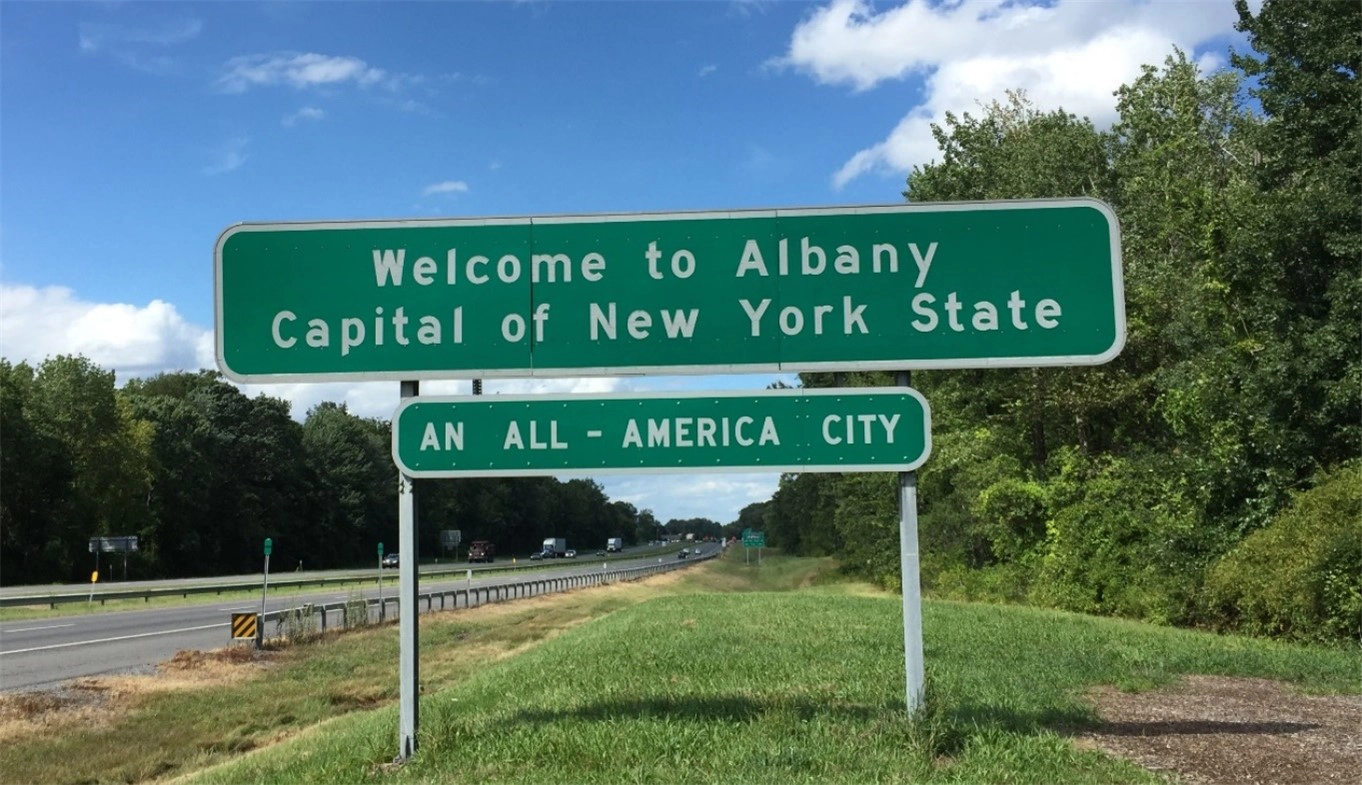
In July 2024, the brand-new Transfer on Death Deed Law went into effect in New York State. Residents are now free to create and record a transfer on death...
Published on: September 25, 2024
Understanding Life Estate Deeds: Benefits and Drawbacks

It’s possible to deed your property into a co-ownership with the person who will receive your home after your life. Perhaps you plan to leave your house...
Published on: August 4, 2024
Understanding Transfer on Death Deeds (TODDs) and Their Introduction in Georgia
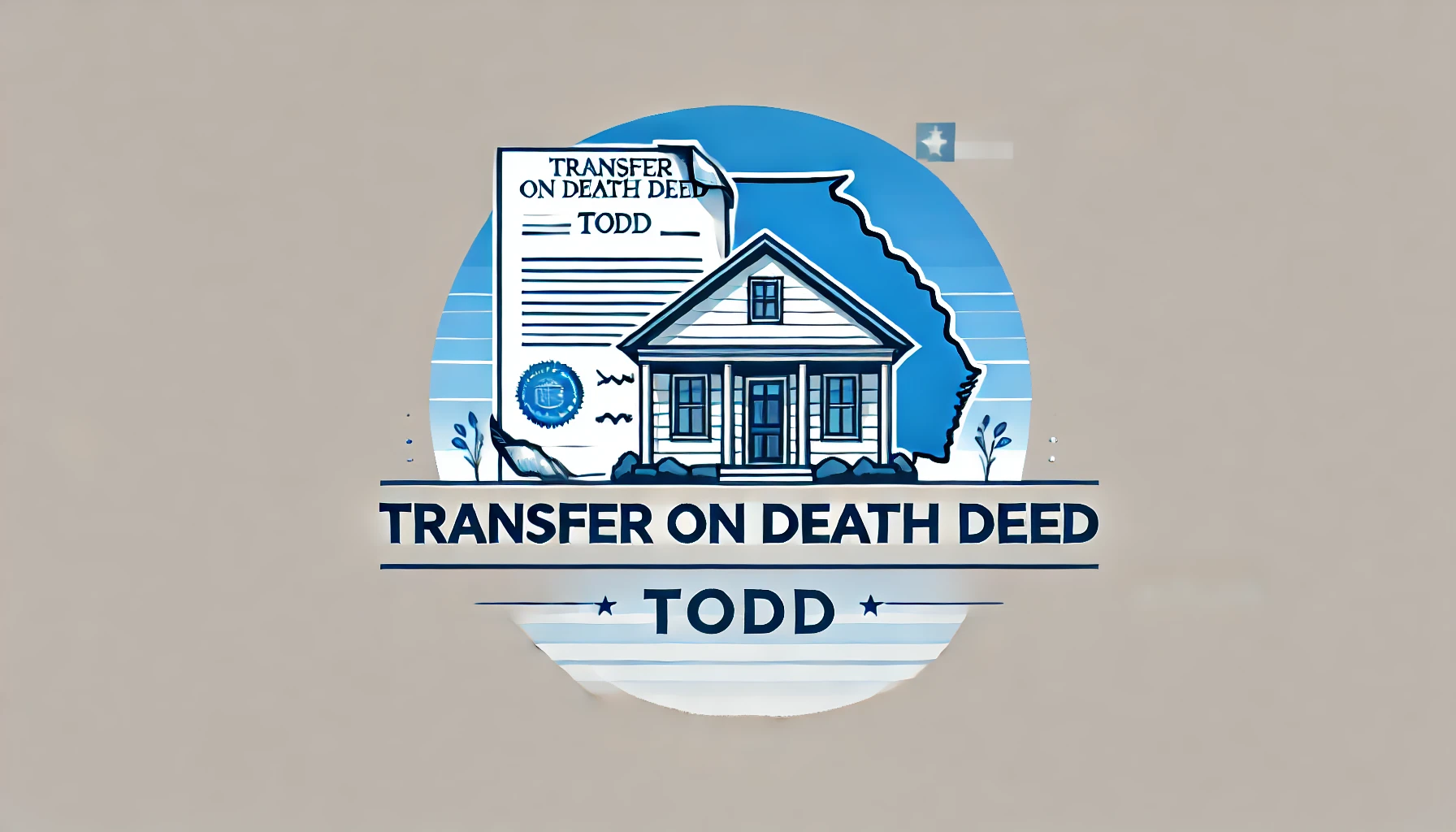
A Transfer on Death Deed (TODD) is a legal document that allows property owners to transfer real estate to a beneficiary upon their death without the need...
Published on: July 21, 2024
Effective July 1, 2024: New Requirements for Transfer on Death Deeds in Indiana
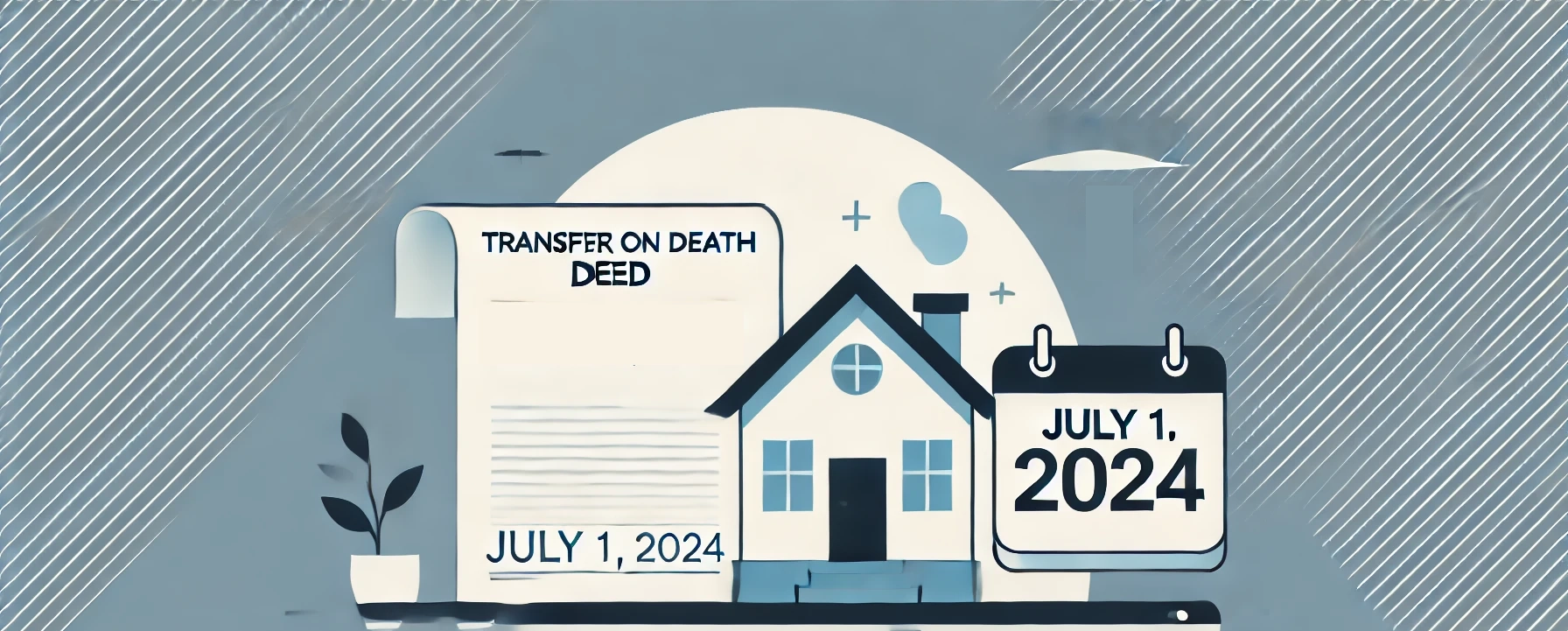
Starting July 1, 2024, all Indiana counties will implement new requirements for the Transfer on Death Deed (TODD). This legislative update mandates specific...
Published on: July 1, 2024
The Transfer on Death Deed: Is It Always Simpler Than Probate?

Passing property along when you no longer live in it shouldn’t be a huge hassle. And that’s why an increasingly popular choice is the transfer on death...
Published on: April 24, 2023
Staying Informed About California Transfer on Death Deeds

Tightening Up the Rules This year has been an interesting one for California’s revocable transfer on death deed. Beginning in 2022, California homeowners...
Published on: July 22, 2022
Estate Planning With a Transfer on Death Deed
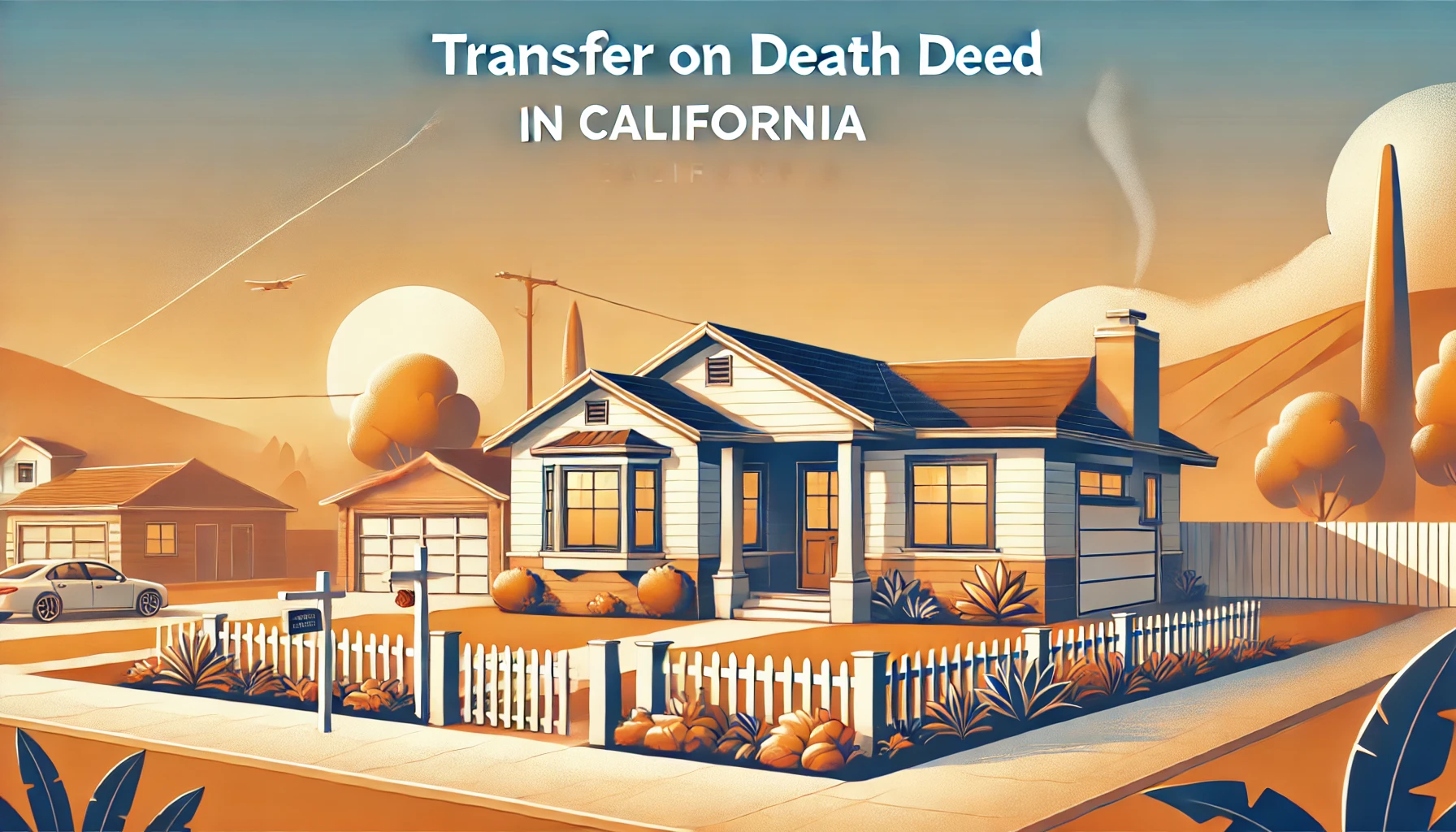
New Rules for California Homeowners Since 2016, California has been offering homeowners a very simple way to transfer their homes to beneficiaries....
Published on: October 20, 2021
What Happens When Wills and Deeds Conflict?
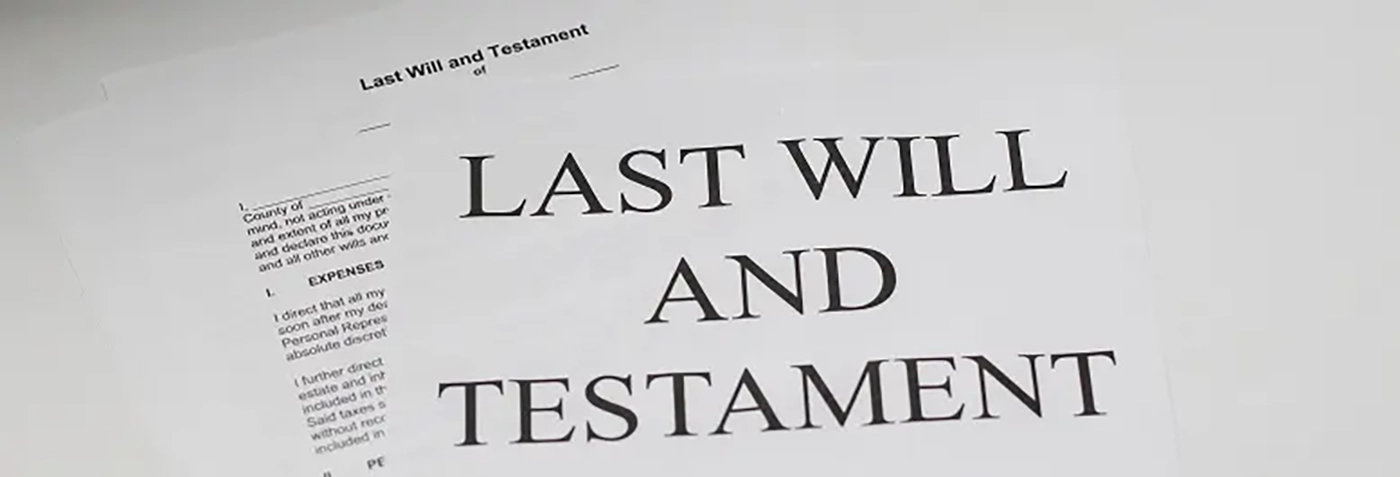
When a person passes away, the death certificate and last will are submitted to the county probate court. A person representative begins the process of...
Published on: November 27, 2020
Update: The State of the Transfer on Death Deed

Ever thought about placing some of your key assets in instruments that bypass the probate process? In a number of states, homeowners have the option of...
Published on: May 12, 2020
Adding Someone to Your Real Estate Deed? Know the Risks.

It’s your home. You might wish to add another person—perhaps an intimate friend or a family member. Doing this is a relatively simple action. And you...
Published on: February 19, 2019
Note: Deeds.com does not provide legal advice. This information is general and may vary by state. Consult a real estate lawyer for legal advice specific to your situation.